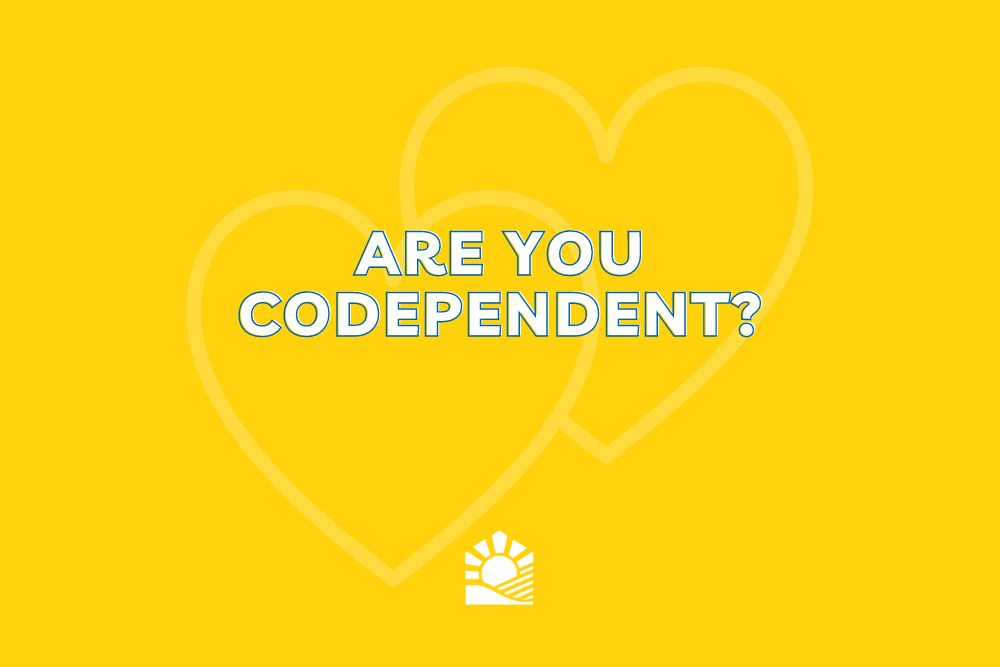Read the latest and greatest from our team
of incredible specialists.

Beach House Recovery Center » Blog » Codependency Quiz
A lopsided relationship in which one person is always giving and the other is constantly taking is called codependency. If you have a codependent personality, you probably view your self-worth in terms of how you can sacrifice your needs to serve others.
While there is nothing inherently wrong with wanting to support your loved ones, pouring all your time, energy and emotional resources into caring for other people will leave you feeling drained and cause you to neglect your self-care. Why is codependency ultimately unhealthy, and how can you recognize the signs of this problem in your relationships?

While a healthy relationship is mutually beneficial to both partners, codependency is an imbalance in which one person routinely allows the other’s needs and wants to take precedent. Even relationships that start as equal partnerships can become codependent over time if one partner becomes overly dependent on help or support from the other.
Some codependent tendencies might be a natural part of your personality, but you might have learned this behavior in childhood if you grew up trying to please abusive or emotionally unavailable parents. Codependency is also a characteristic of families impacted by addiction. In these cases, one partner may believe they can “fix” the other person by making excuses for their behavior. Sadly, this kind of enabling only allows the substance use disorder to worsen.
If you answer “yes” to any of the following questions, you might be in a codependent relationship.
When thinking of ways to break free from codependency, your first impulse might be to sever ties with the “takers” in your life. However, if you still love and care about these people, taking steps to change your behavior will allow you to preserve these valuable relationships.
If codependency is a hallmark of your relationships, your mental health could suffer. You can eventually develop a dual diagnosis if you drink or use drugs to self-medicate an illness like depression. If left unaddressed, these co-occurring problems will make each other worse, driving a vicious cycle.
At Beach House, we understand how overwhelming a dual diagnosis can be, and we have developed a clinically excellent, client-informed program for adults who struggle with addiction and another mental illness. Reach out to our admissions counselors to learn more about our culture of compassion and the benefits of recovering at the beach.
Whether you’re researching for yourself or a loved one, Beach House can help. We understand that this is a serious time in your life and that the treatment center you choose matters. We want you to feel comfortable and empowered to make the right decision for yourself, a friend, or a family member. This is why a counselor is waiting and available to answer your questions and help put your mind at ease regarding the next steps. Many of the staff at Beach House have walked in your shoes. If you feel you’re ready or want more information about how to help a loved one, we can help today. You can also learn why we are voted the #1 rehab for addiction treatment in Florida.
We accept most major insurance plans and can verify your benefits quickly and confidentially.
We’re committed to helping you access the care you need, our admissions counselors can guide you through your coverage options and available resources.





"*" indicates required fields